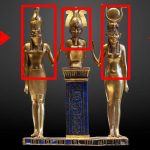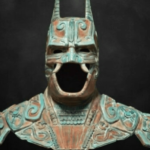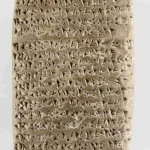Themis: Greek Mythology’s Divine Justice and Order
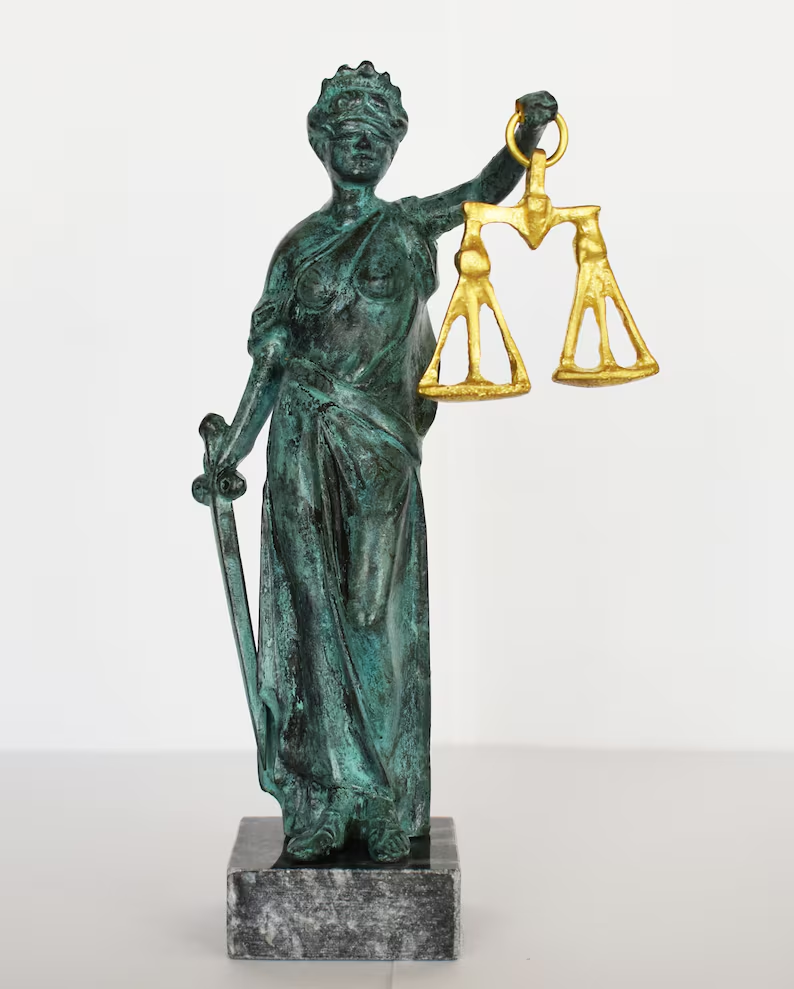
In the rich tapestry of Greek mythology, Themis emerges as a figure embodying divine order, justice, and the interconnectedness of heaven and earth. According to Hesiod’s “Theogony,” Themis is depicted as the daughter of Uranus (Heaven) and Gaia (Earth), symbolizing her dual nature and profound influence in the cosmos. However, in various literary works, including Aeschylus’s “Eumenides” and “Prometheus Bound,” Themis is sometimes conflated with Gaia herself, highlighting her versatility and complex role within Greek mythology.
Themis represents a fundamental aspect of the Greek pantheon, embodying the concept of divine law and order. Her name itself derives from the Greek word “themistes,” meaning divine law or custom, underscoring her association with principles that govern both mortal and immortal realms. As a daughter of Uranus and Gaia, Themis inherits traits from both celestial and earthly domains, embodying a harmonious balance between heaven and earth.
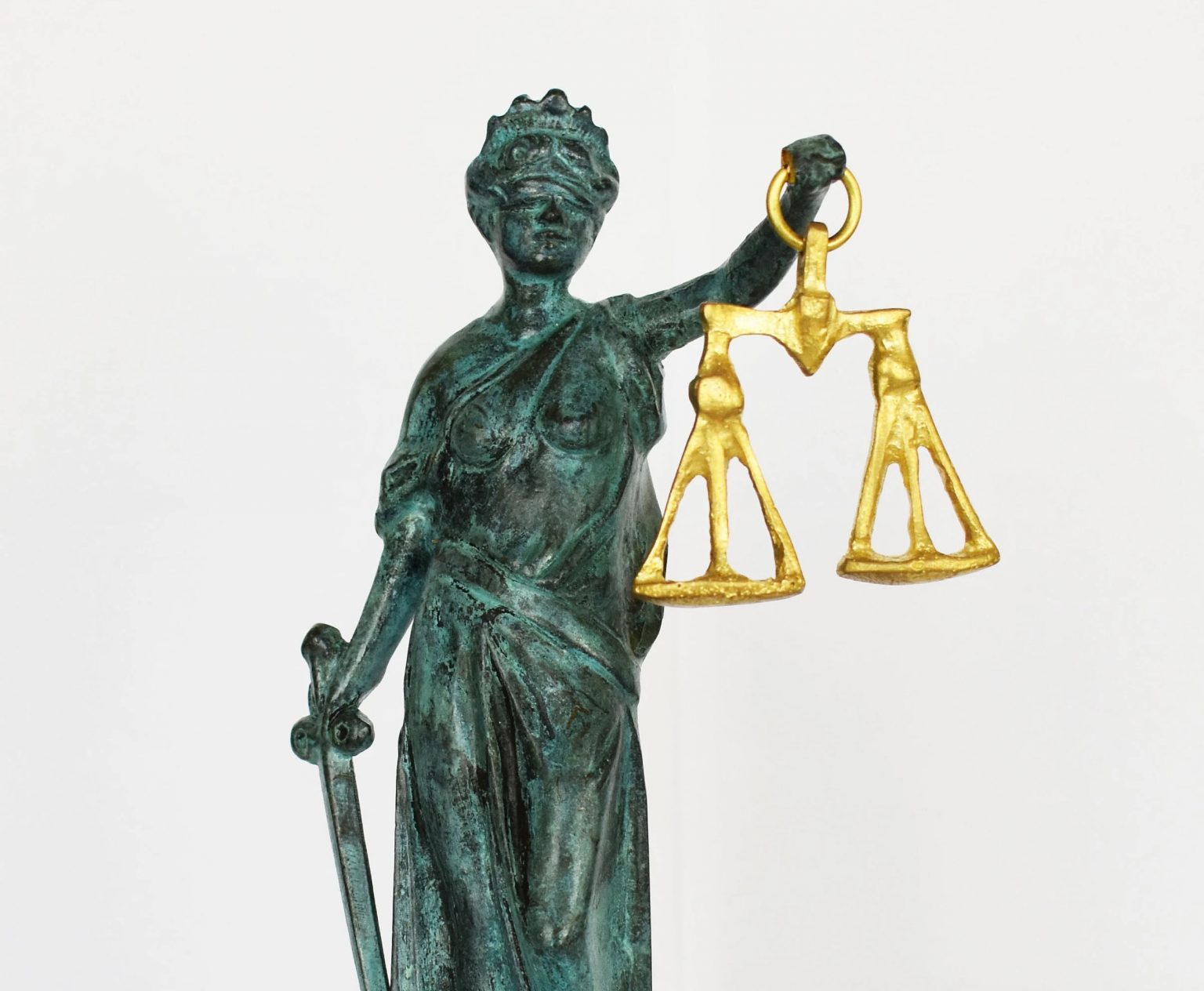
In Hesiod’s “Theogony,” Themis is portrayed as one of the Titans, ancient deities who predate the Olympian gods. Her role extends beyond familial ties, as she is revered for her wisdom and foresight, often consulted by the gods themselves for her impeccable judgment and knowledge of divine laws. Themis serves as a counselor and mediator, ensuring that justice is upheld and divine decrees are respected within the divine hierarchy.
However, the depiction of Themis becomes more nuanced in the works of Aeschylus. In “Eumenides,” part of his Oresteia trilogy, Themis is associated with the concept of justice as administered by the Furies, ancient goddesses of vengeance. Here, she is portrayed not only as a source of order but also as a force that ensures accountability and retribution for transgressions against natural and divine laws. This interpretation underscores Themis’s role in maintaining cosmic balance and upholding moral integrity.
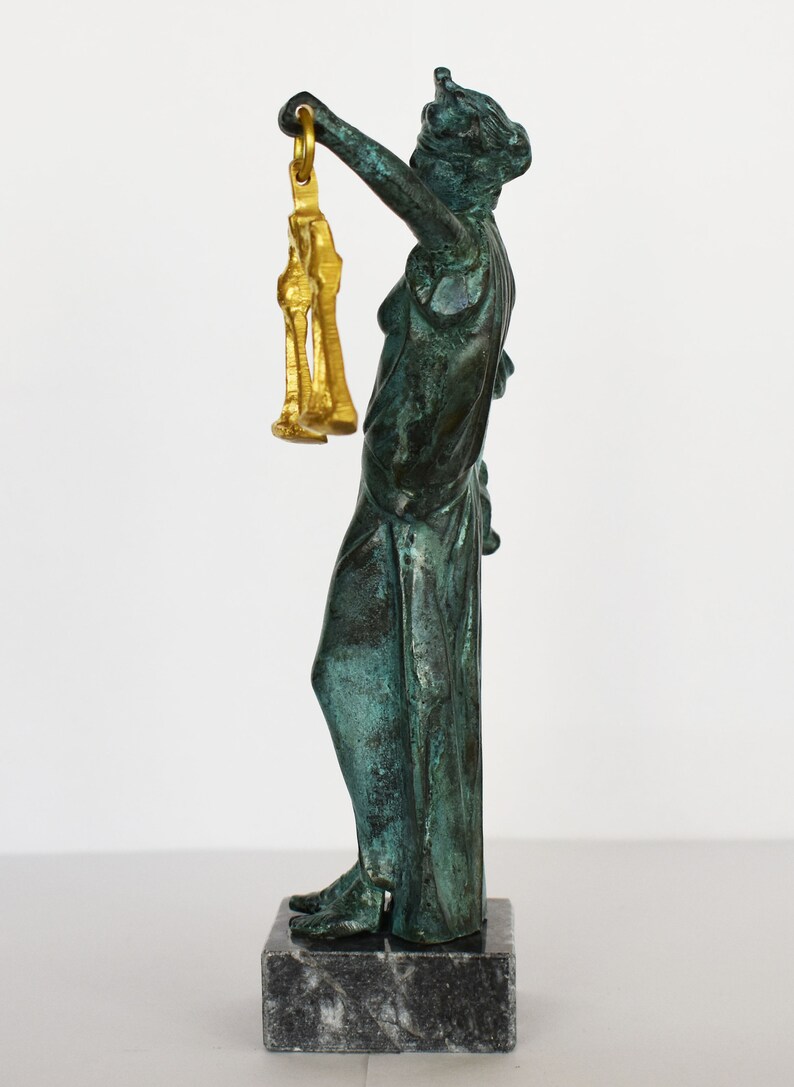
Similarly, in “Prometheus Bound,” Themis’s presence is felt through the character of Prometheus, the Titan who defies Zeus’s authority to benefit humanity. Despite Prometheus’s defiance, Themis’s influence is evident in the underlying principles of justice and retribution that govern the narrative. Her association with both the Titans and the Olympian gods highlights her enduring presence in mythological discourse, bridging the gap between older cosmic orders and the emerging Olympian pantheon.
Themis’s fluid identity, at times merging with Gaia in Aeschylus’s works, reflects the complexity of ancient Greek mythology. This amalgamation suggests a deeper connection between divine justice and the primordial forces of nature, blurring the distinction between celestial and earthly realms. It also underscores Themis’s role as a guardian of natural law and custodian of moral order, transcending traditional boundaries to embody universal principles that resonate across cultures and epochs.
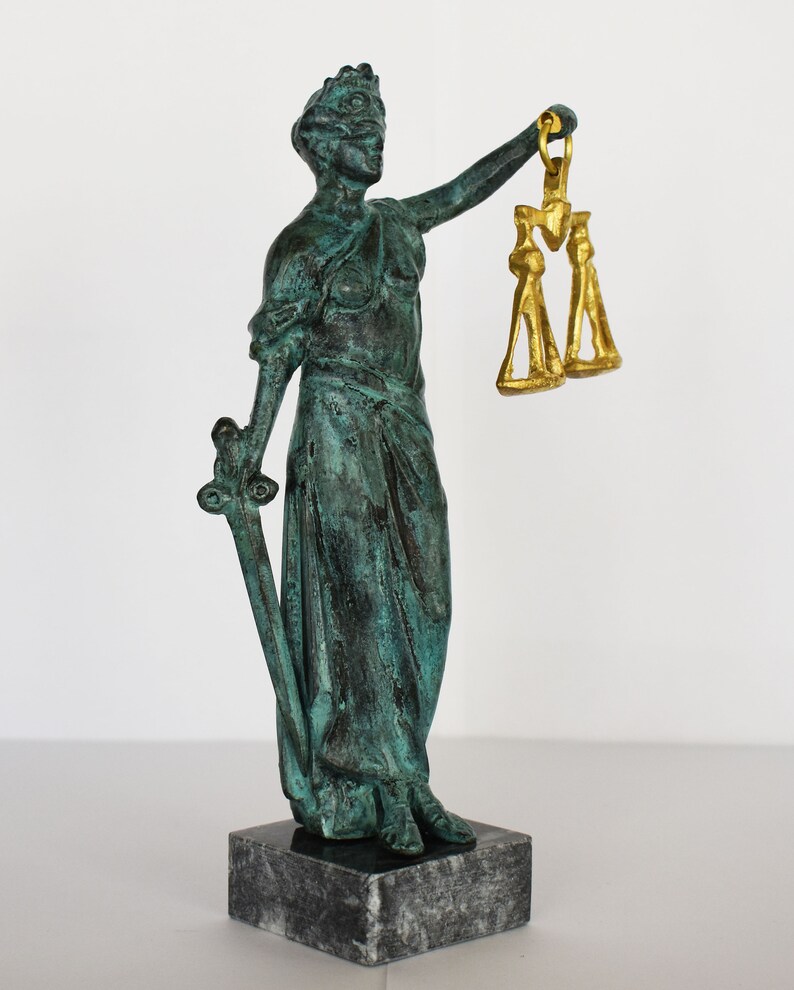
In conclusion, Themis stands as a compelling figure in Greek mythology, embodying the dualities of divine law and earthly wisdom. From her origins as the daughter of Uranus and Gaia to her role as a symbol of justice in Aeschylus’s dramas, Themis’s enduring presence underscores the timeless significance of order and justice in human societies. Through her myths and interpretations, we glimpse not only the intricacies of ancient belief systems but also the enduring quest for balance and moral integrity in the face of cosmic forces.

